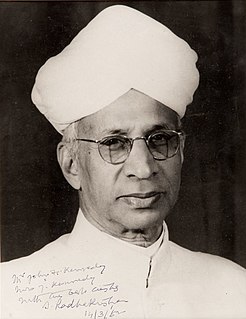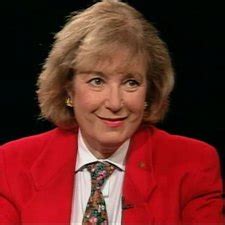A Quote by Walpola Rahula
All great work artistic, poetic, intellectual or spiritual is produced at those moments when creators forget themselves altogether and are free from self-consciousness.
Related Quotes
A free culture supports and protects creators and innovators. It does this directly by granting intellectual property rights. But it does so indirectly by limiting the reach of those rights, to guarantee that follow-on creators and innovators remain as free as possible from the control of the past. A free culture is not a culture without property, just as a free market is not a market in which everything is free. The opposite of a free culture is a "permission culture" -- a culture in which creators get to create only with the permission of the powerful, or of creators from the past.
The self (Soul) is the constant-witness consciousness. Through all months, seasons and years, through all divisions of time, the past, present and future the consciousness remains one and self luminous. It neither rises nor sets. The ultimate self is free from sin, free from old age, free from death and grief, free from hunger and thirst, which desires nothing and imagines nothing.
The discoveries of the last couple decades are showing that properties of a self do actually inhere in matter, that matter seems to have properties of self-organization and life, even intelligence, consciousness. I can't say that science has proved these things, but it at least suggests the possibility. As we re-invest the world with sacredness, "spiritual" comes to mean something very different. If only a human being has these qualities, then spiritual work is inner. It's all about your own consciousness.
Dissident Natan Sharansky writes that there are two kinds of states - “fear societies” and “free societies.”… The two societies make up two kinds of consciousness. The consciousness derived of oppression is despairing, fatalistic, and fearful of inquiry. It is mistrustful of the self and forced to trust external authority. It is premised on a dearth of self-respect. It is cramped …
In contrast, the consciousness of freedom … is one of expansiveness, trust of the self, and hope. It is a consciousness of limitless inquiry … It builds up in a citizen a wealth of self-respect.
You are so accustomed to think of yourselves as bodies having consciousness that you just cannot imagine consciousness as having bodies. Once you realize that bodily existence is but a state of mind, a movement in consciousness, that the ocean of consciousness is infinite and eternal, and that, when in touch with consciousness, you are the witness only, you will be able to withdraw beyond consciousness altogether.
The intellectual is not defined by professional group and type of occupation. Nor are good upbringing and a good family enough in themselves to produce an intellectual. An intellectual is a person whose interest in and preoccupation with the spiritual side of life are insistent and constant and not forced by external circumstances, even flying in the face of them. An intellectual is a person whose thought is nonimitative.





































